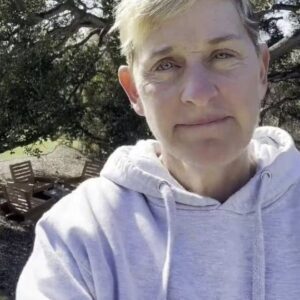In 2021, Shirley Nunn, 67, and her son Steven, 50, were found dead in their Middlesbrough home—a tragedy that, according to a new investigation, might have been prevented.
Shirley, who had been her son’s full-time caregiver since he suffered brain damage at age 11, was diagnosed with terminal cancer in October 2021. As her condition worsened, her greatest fear wasn’t her own death, but how Steven—who had cerebral palsy, epilepsy, and severe learning difficulties—would cope without her.
Shirley’s husband had died from cancer two years earlier, leaving her as Steven’s sole support. Despite receiving some help from adult social care, Shirley bore the emotional and physical burden of caregiving alone. A Domestic Homicide Review revealed she struggled with depression and suicidal thoughts in the final weeks of her life.
After being discharged from the hospital for end-of-life care at home, Shirley and Steven were found dead just two days later—on the second anniversary of her husband’s death.
The review criticized health and social care services for missing crucial warning signs. “Her mental health should have been focused on as much as her physical health,” the report stated, highlighting a lack of psychological support.
Shirley’s story reveals the crushing pressure caregivers can face, especially when systems fail to offer comprehensive support. Her love for Steven never wavered—but her isolation may have led to a heartbreaking decision.
Could better mental health care and social support have saved them? This tragedy forces us to ask: are we doing enough for those caring for society’s most vulnerable?





